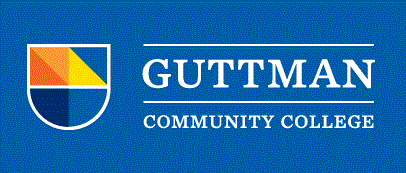
Publications and Research
Document Type
Article
Publication Date
5-2020
Abstract
The complex question of genre in Byron’s Don Juan is often discussed in terms of the epic, but critics are increasingly turning to the novel to address the puzzling questions that remain about the generic status of Byron’s last work.1In The English Novel: A Panorama, Lionel Stevenson contends that Byron’s Don Juan belongs “essentially in the central tradition of the English novel, with its satirical realism, its picaresque series of adventures, and its complex panorama of contemporary society. Even the digressive comments are in the manner of Fielding.”2Stevenson exclaims,“One cannot help but thinking that if Byron had lived longer he might have followed Scott in shifting from verse to prose, and could have become the great realistic novelist of the early Victorian era.”3I would like to suggest, however, that the novelistic elements identified by Stevenson do not anticipate the realist novel but are more closely aligned with Friedrich Schlegel’s concept of the novel, an alternative tradition that can elucidate what Byron was trying to achieve both poetically and philosophically in Don Juan.


Comments
This is the accepted manuscript of a work originally published in Modern Philology, available at https://doi.org/10.1086/708348.